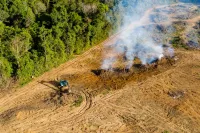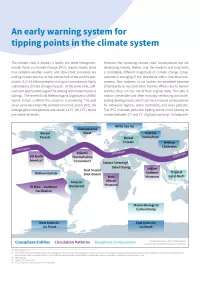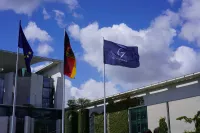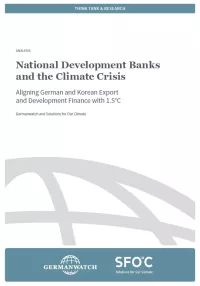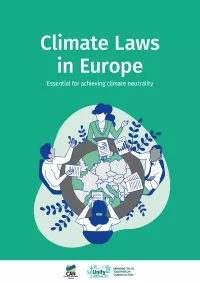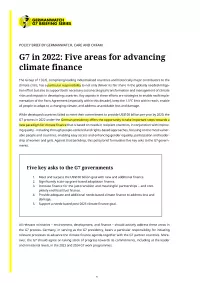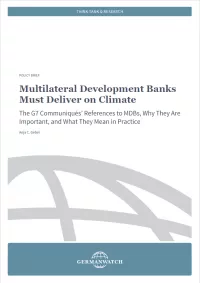
When the G7 leaders met at the end of June 2022 in Elmau, they called on Multilateral Development Banks (MDBs) to further strengthen ambitious climate action. This policy brief explains what the G7 asked the MDBs to do, why this is important, and what it means in terms of concrete steps that should be taken in the short and medium term (including until COP27) to halt the climate crisis and successfully support the global transformation towards green and resilient economies. In this critical decade of implementation, quick outcomes are more important than ever before and MDBs are called upon to increase their efforts. Especially the World Bank will be assessed in terms of its ability to step up its climate ambitions and to lead the MDBs’ engagement in those areas.

